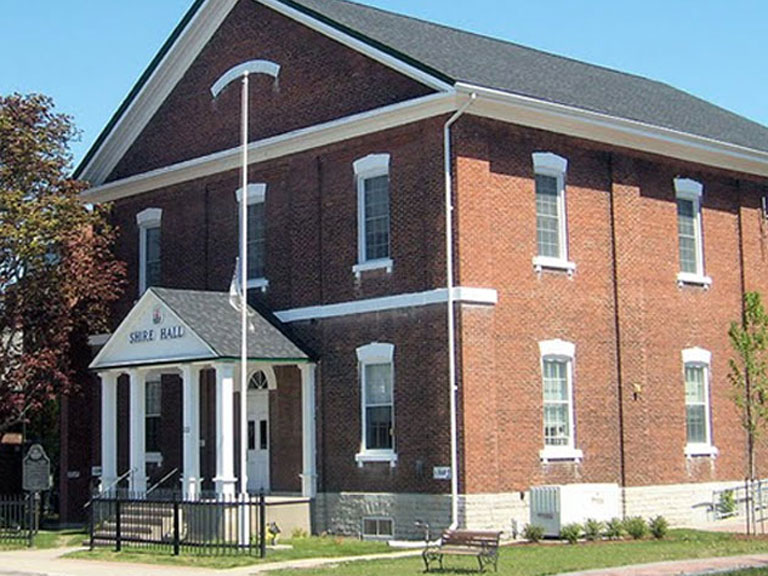County News
It’s back

New year, new council, same farm tax appeal
He gets full marks for persistence. John Thompson was back to council last week, hoping a new group will give him what the last council denied. Thompson represents the Prince Edward County Federation of Agriculture.
Farmland prices have risen significantly over the past decade. Across Canada and the US. But good news for a farmland owner’s net worth, is not so good when it means paying more in property taxes.
Thompson is seeking relief from the sharp increases farmland owners are paying in property taxes. But to do so, he needs to persuade council to shift the tax burden (or part thereof) from farm landowners onto residential landowners.
Despite several presentations to council in 2017 and 2018, Thompson’s request was rejected.
But he didn’t go away completely empty-handed. Council agreed to develop a program to assist new and young farmers pay their increase in property taxes. Thompson chaired the committee that developed the eligibility criteria for the fund. Last week, the County provided $11,399 to 17 new and young farmers to help offset their property tax increases.
Thompson was back last week to say that older and established farmers also need help.
Essentially, his argument is that land values have risen over the last assessment cycle faster than have residential values. This has sloshed some of the taxes homeowners might have paid, onto farmland owners.
He wants council to reset the tax rate so that it returns this burden onto homeowners. To do so however would ignore the long history of residential rate increases compared to farmland—a long trend that went in favour of farmland owners, sloshing farmland taxes onto residential homeowners.
To do so would also serve to frustrate the purpose of the market-based assessment system in the province. It would establish a precedent by which the municipality could intervene whenever the value of one land class moves out of lock step with another.
For this reason, municipal staff urged council that this was not a dial it should tinker with. And so last winter, it turned down Thompson’s pitch.
Part of Thompson’s argument is that farm revenues are not rising as fast as farmland values. He says that since most farmers aren’t in a position to sell their land, the benefit of an increase in the value of their property exists on paper only.
But for good or ill, municipal taxes in Ontario are based exclusively on land values and bear no connection to revenue or earnings. That this municipality might seek to make this link would set up an impossible precedent—in effect turning a property tax into another income tax.
Last year, Thompson was asking for a rate of 20 per cent (relative to the residential tax rate.) This year he has amended his ask to 22 per cent.
Wellington councillor Mike Harper wanted to know what segment of the farming economy is most hurt by tax increases.
“Those with the type of farming that needs the most acreage are the ones most effected,” said Thompson. “If someone is very small in vegetable marketing or something, they wouldn’t be affected as much.”
Thompson said the County recognizes the importance of agriculture to its social and economic well-being in virtually all of its planning documents, and that it has given recognition to the effects of tax increases by developing the assistance program for young and new farmers.
But Thompson says that the program doesn’t cover long-established farmers who could use a hand up.
Councillor Bill Roberts reminded Thompson that it was the Farming Assistance Ad-Hoc Committee, which he chairs, that came up with the grant.
Thompson countered by suggesting that if council considered shifting a portion of farmland taxes onto homeowners it could do away with the targeted assistance program. “In terms of overall tax fairness, we believe it would be better to get tax increases down to a more reasonable level for the next two years,” said Thompson.
Brad Nieman asked if council had to prepare for this in the upcoming budget. CAO James Hepburn explained that it is not a budgetary item.
“If you change your tax ratio, it is a shift from one tax class to another,” said Hepburn.
Once the budget is concluded, however, council could be asked to approve the rates for the various land classes. It seems likely council will be asked to do exactly that.

Comments (0)